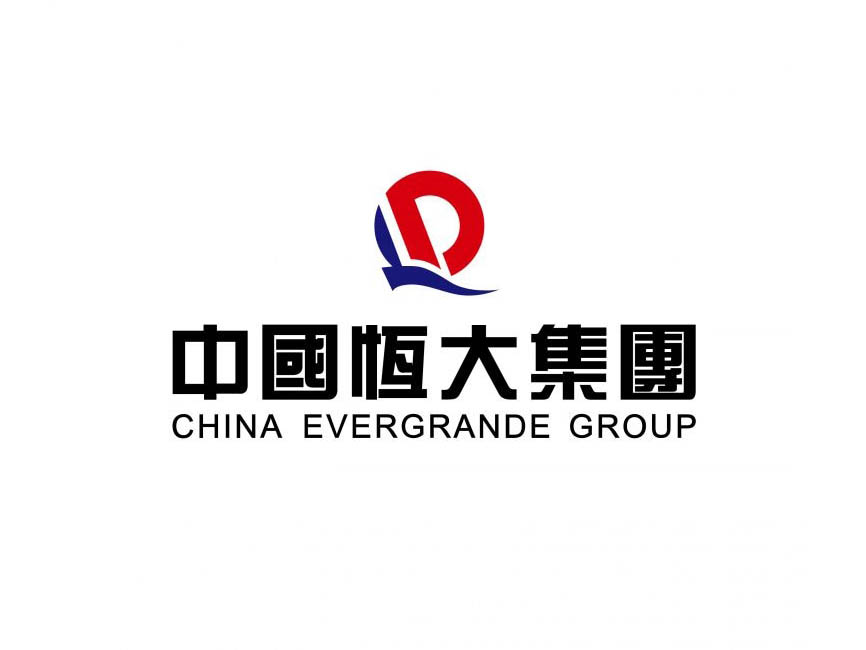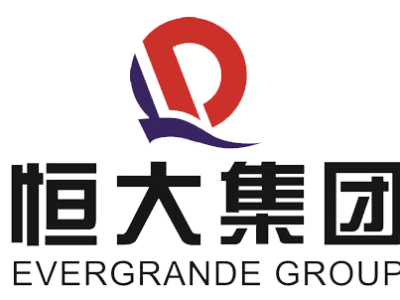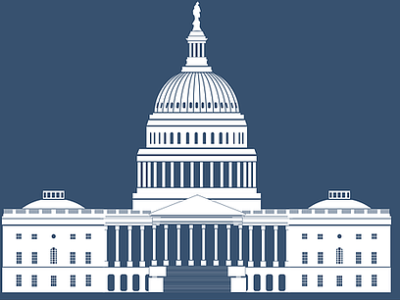Payam Javan: On a backdrop of financial turmoil, Evergrande Group, a prominent Chinese property developer laden with debt, has initiated bankruptcy proceedings under Chapter 15 of the U.S. bankruptcy code in New York. This strategic move is designed to shield the company’s U.S. assets from creditors’ claims. This decision follows the deferral of meetings centered around a $3.2 billion restructuring strategy aimed at salvaging the company’s operations.
Adding to the distress, Tianji Holdings, an affiliate of Evergrande, has also pursued comparable protective measures. This development compounds China’s anxieties about a struggling real estate sector and more extensive economic hardships. Once a major player as China’s second-largest homebuilder, Evergrande faltered in late 2021, finding itself burdened with a staggering $300 billion in debt. This financial quagmire has since been echoed by other entities, with companies representing 40% of Chinese home sales succumbing to default.
Evergrande’s precarious position is further underscored by its monumental liabilities, amounting to approximately $330 billion. The years 2021 and 2022 witnessed a cumulative loss of $81 billion for the company. In a bid to mitigate this crisis, Evergrande is actively engaged in dialogues concerning restructuring, spanning across various jurisdictions. Furthermore, its electric vehicle arm, China Evergrande New Energy Vehicle Group, is exploring a debt-for-equity exchange strategy as a means of raising capital.
The alarm within the Chinese real estate market has been exacerbated by missed payments on investment products from a prominent Chinese trust company, Zhongrong International. According to research from JPMorgan, the escalation of trust defaults could potentially erode China’s economic growth by 0.3 to 0.4 percentage points, creating a detrimental feedback loop within real estate financing.
Compounding these challenges, China’s economy is grappling with deflation, marked by the first decline in consumer prices over a two-year span. This unsettling trend has prompted authorities to bolster both monetary and fiscal support mechanisms. An advisor to China’s central bank has emphasized the necessity of stimulating consumer expenditure and leveraging lawful financial channels to provide much-needed economic relief.
In response, the People’s Bank of China has undertaken its second reduction of key policy rates within three months. Concurrently, the Chinese government has suspended the publication of data pertaining to youth unemployment, a metric that has persistently been reaching record highs. These multifaceted developments underscore the intricate web of economic concerns currently gripping China.















